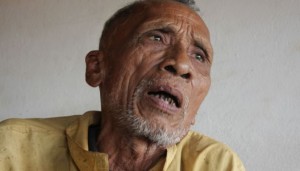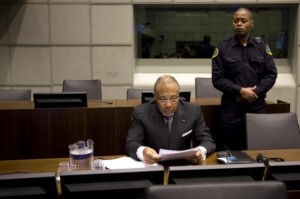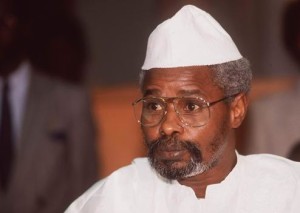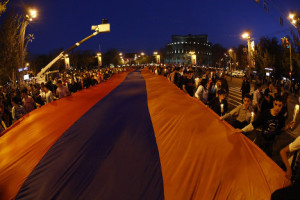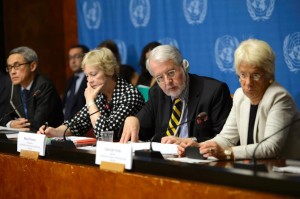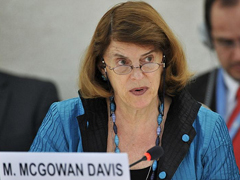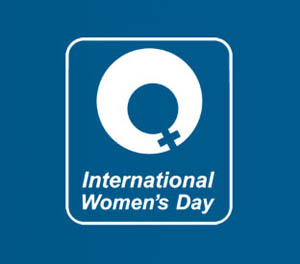by Samuel Linehan

The International Criminal Court
The challenges for the International Criminal Court posed by state non-cooperation and potential new situations were considered at a panel discussion hosted by Chatham House and Doughty Street Chambers on 11 March 2015.
The panellists were Shehzad Charania, Legal Adviser and Head, International Law Team, British Embassy, The Hague; Liz Evenson, Senior Counsel, Human Rights Watch; and Dr Rod Rastan, Legal Adviser, Office of the Prosecutor, International Criminal Court. The chair was Elizabeth Wilmshurst. The Chatham House Rule was not applied.
State non-cooperation
General observations
Liz Evenson noted that there are different modes and levels of cooperation with the ICC. Some obstacles can be overcome; for example remote investigation may be possible where there is no access to a territory. However, as reflected in the new OTP investigative policy, in situ investigations are preferable. Other obstacles cannot be overcome, such as refusal to execute an arrest warrant. The Kenya situation demonstrated the effect of non-cooperation on the outcome of proceedings.
Rod Rastan emphasised that cooperation is fundamental to a court which lacks the investigative and enforcement apparatus of a developed jurisdiction. The issue was not resolved by the Rome Statute, as the only remedy for non-cooperation is a reference to the UN Security Council or the Assembly of States Parties. This requires a collective response from the international community. Cooperation worked at the ICTY, as initial hesitation was overcome with the assistance of NATO and the EU.
Shehzad Charania considered what the international community can do in the face of non-cooperation. In the Darfur Situation, the matter was referred to the Security Council by the Pre-Trial Chamber. The signs there are not good, despite the UK’s support for the ICC. The same is true of the Libya Situation. An indication of the current climate is the fact that at present the Security Council cannot even agree to acknowledge a letter from the President of the ICC. The low point was the failure to refer the situation in Syria. However there are some signs of progress. The ICC has a central position in various policy debates, for example on the protection of women and journalists in conflict. The Security Council has never entered into discussion of concrete measures in response to non-cooperation; the obvious response would be sanctions. The Assembly of States Parties has agreed to avoid all non-essential contact with indictees. Continue reading →

